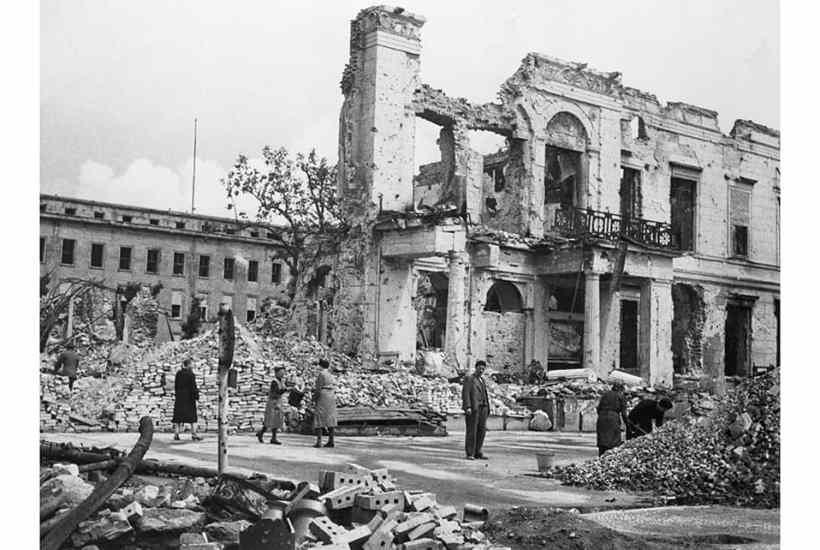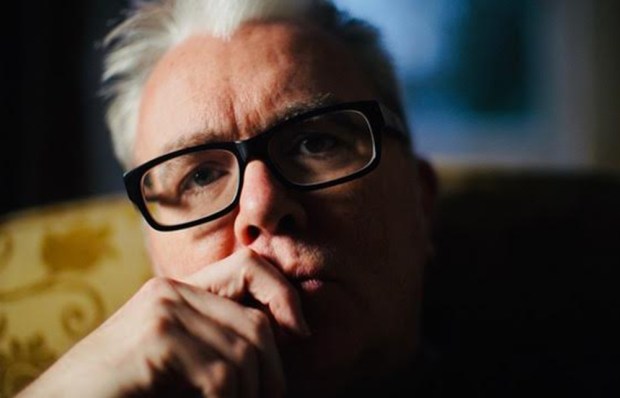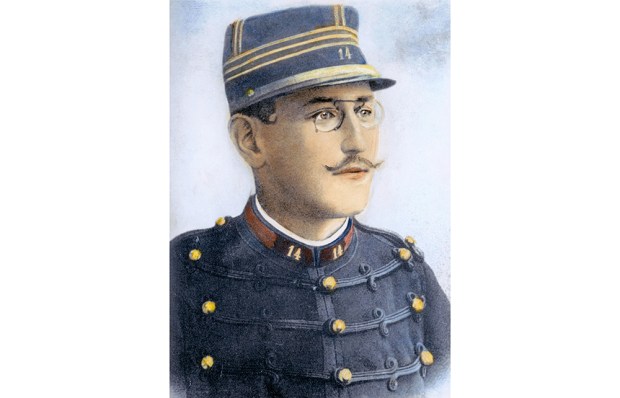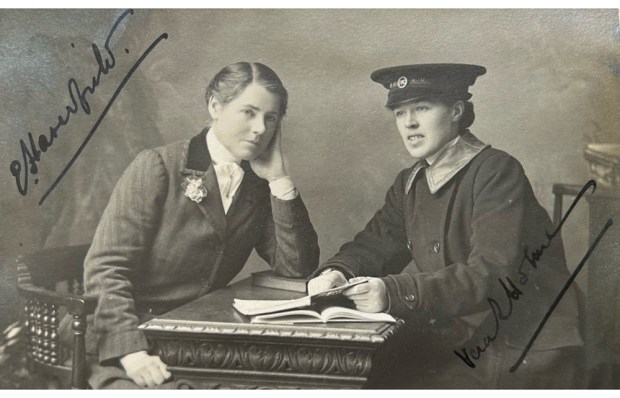‘Nationalism is an infantile disease. It is the measles of mankind.’ Albert Einstein’s deft avoidance of the question put to him in 1929 – whether he considered himself a German or a Jew – was prophetic of what would happen to his country in the following decade. He was just one of the many stars of Berlin, Europe’s dazzling, decadent centre of the arts and culture, whose spark would be dimmed or extinguished by Adolf Hitler.
Capturing the history, people and spirit of Berlin, arguably the beating heart of Europe, can be a tricky proposition, as I know. Sinclair McKay has wisely kept to analysing the city through the prism of the last century – or at least from the end of the Great War to the end of the Cold War.
Berliners were always a feisty, argumentative, liberal-minded bunch, never ones to bend to imperial whims or to follow Hitler blindly into the apocalypse. They did not embrace fascism in the way other parts of the country did: the Nazis gained fewer votes in Berlin than anywhere else in Germany in the last democratic elections of March 1933. Perhaps this influenced Hitler’s plans to level the existing city and raise a new Germania for his Thousand Year Reich, with the large Jewish population first on the list for relocation.
After his death, the former allies squabbled over its occupancy. Stalin’s blockade failed to starve shattered Berlin into submission and drive the West’s garrison out. The city’s later schism brought it unwillingly to the sharp end of the Cold War – East vs West – though, after almost 30 years’ forced separation, Berliners embraced one another warmly. As McKay rightly states, Berlin has shaped European and world events throughout the period like no other capital, and he sets out to capture the story of how this happened by focusing on its lifeblood – its citizens.
The book’s principal subject is their doomed role in the second world war. Through Berliners’ eyes, McKay brilliantly captures Germany’s initial successes, and then the reverses and escalating defeats – first in the east, with the Russians, and then when the western Allies were established on the continent in June 1944. As Berliners awaited the end, the Nazis established an increasing stranglehold on their daily lives, with flying military tribunals and teenagers conscripted to hold off the Russian armoured columns.
The city would suffer the same fate as Cologne, Hamburg and Dresden – its grandeur reduced to ashes and its population cast to the four winds. On 7 May 1945 the Red Army juggernaut barrelled through the mangled wreckage left by the bombing. Within a five-mile radius from the centre, at least 70 per cent of housing had been destroyed. Water and electricity supplies were cut off until the occupying Soviets had them repaired and tens of thousands of women were raped by their conquerors in a systematic act of terror, described here in fresh and horrific testimonies.
These new voices, many profoundly moving, bring all the horror to life. The cataclysm befalling Berliners in 1945 plays in sharp contrast to McKay’s vivid descriptions of the decadence of the Weimar years, and the multi-layered approach gives us fresh understanding. To have uncovered so many previously unknown characters and fascinating anecdotes is especially admirable when research trips to archives at home and abroad were a rarity during lockdown.
But the haunting accounts of Berlin up to 1945 left me thirsting for a similar rich treatment of the Cold War era, when it was nicknamed the ‘Grey City’. That was surely undeserved: the most exciting posting for any Allied or Soviet serviceman at the time of the Wall’s construction in August 1961 was to the ‘City of Spies’. McKay describes the post-war history, but not in the same depth as before. After frequent visits over the past three decades, I am still amazed by how Berlin has remade itself as the centre of German cultural and political life, and this transformation – arguably the greatest rebirth of a destroyed European capital – might have been better developed. But perhaps there’s a chance of a sequel. With the zeal he brings to his research, McKay would be my first choice to write it.
Got something to add? Join the discussion and comment below.
Get 10 issues for just $10
Subscribe to The Spectator Australia today for the next 10 magazine issues, plus full online access, for just $10.
You might disagree with half of it, but you’ll enjoy reading all of it. Try your first month for free, then just $2 a week for the remainder of your first year.














Comments
Don't miss out
Join the conversation with other Spectator Australia readers. Subscribe to leave a comment.
SUBSCRIBEAlready a subscriber? Log in